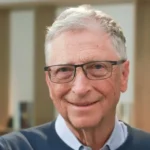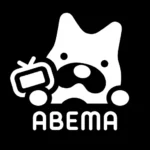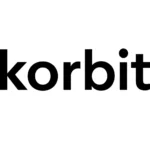Bill Gates conducted a series of high-profile meetings with South Korea’s top business leaders this week, seeking to deepen partnerships in small modular reactor development and global health initiatives. The Microsoft co-founder and Gates Foundation chairman met separately with Samsung Electronics Chairman Lee Jae-yong, SK Group Chairman Chey Tae-won, and HD Hyundai Executive Vice Chairman Chung Ki-sun.
The discussions centered on three key areas: nuclear power technology, biotechnology cooperation, and global social contribution programs. Gates’ Seoul visit follows his meeting with Japanese Prime Minister Shigeru Ishiba, where Japan pledged $550 million over five years to the GAVI vaccine alliance.
Lee Jae-yong hosted Gates for a nearly two-hour lunch meeting at Samsung’s Seoul headquarters on Thursday. The companies discussed expanding their existing collaboration on the Gates Foundation’s “Reinvent the Toilet” project, which Samsung has supported since 2018 through its research institute. The meeting also explored potential cooperation between Samsung C&T and TerraPower, Gates’ nuclear startup.
SK Group, which became TerraPower’s second-largest shareholder after investing $250 million in 2022, held extensive discussions with Gates over two days. The meetings included SK Bioscience CEO Ahn Jae-yong and TerraPower CEO Chris Levesque, reflecting the companies’ intertwined interests in both nuclear technology and vaccine development.
“I believe Korea and SK can play an important role in commercializing TerraPower’s SMRs,” Chey stated, according to SK Group. Gates emphasized the importance of South Korea’s regulatory framework and supply chain capabilities for advancing next-generation nuclear technology globally.
HD Hyundai’s engagement with TerraPower has moved beyond discussions into concrete business arrangements. The shipbuilding conglomerate signed contracts to supply reactor vessels for TerraPower’s Natrium reactors and established a broader manufacturing partnership. Chung described the collaboration as “a turning point in building a global nuclear supply chain.”
TerraPower’s Natrium reactors are considered among the most advanced small modular reactors in development, offering enhanced safety and generating approximately 40% less nuclear waste than conventional reactors. The technology has attracted significant investor interest, with TerraPower raising $650 million in new funding in June from NVIDIA’s venture arm and other investors.
The Korean meetings occurred as Gates intensifies fundraising efforts for GAVI, which seeks to immunize children in developing countries. His foundation has committed over $1.6 billion to the vaccine alliance’s current strategic period, making it one of GAVI’s largest supporters.
South Korea’s growing role in Gates’ nuclear and health initiatives reflects the country’s manufacturing capabilities and technology expertise. The partnerships could accelerate commercialization of advanced nuclear technology while strengthening Korea’s position in emerging clean energy markets.
Industry Minister Kim Jung-kwan joined Friday’s discussions, signaling government support for Korean companies’ participation in next-generation nuclear projects.





